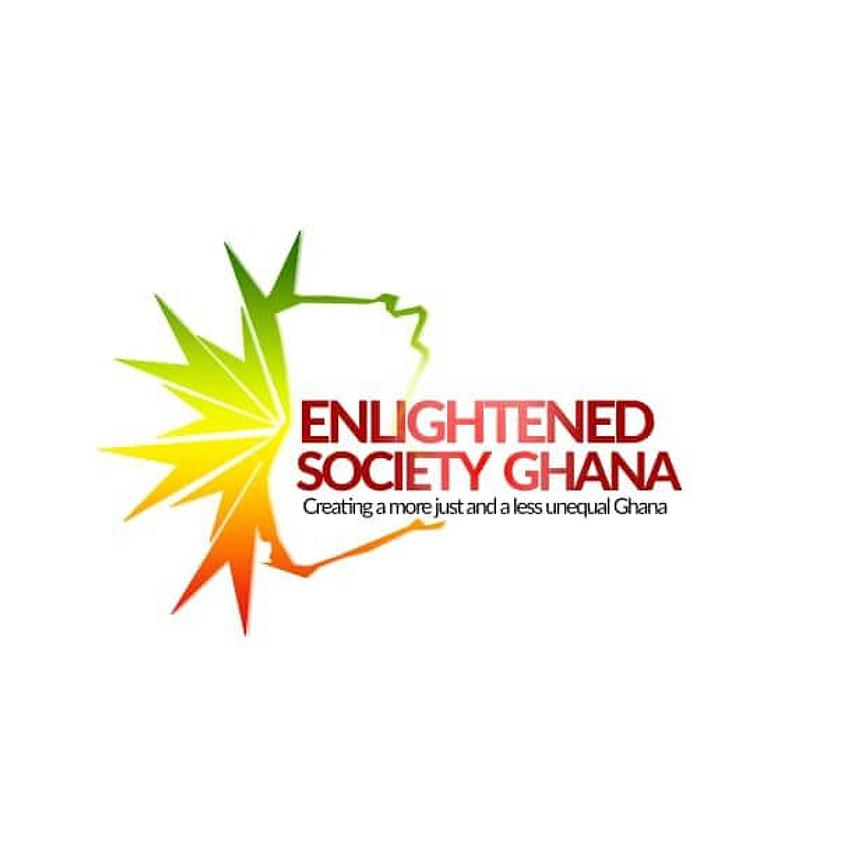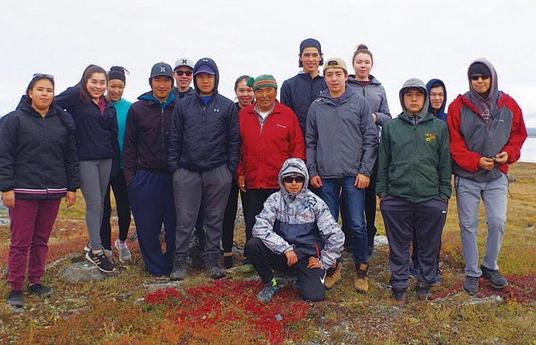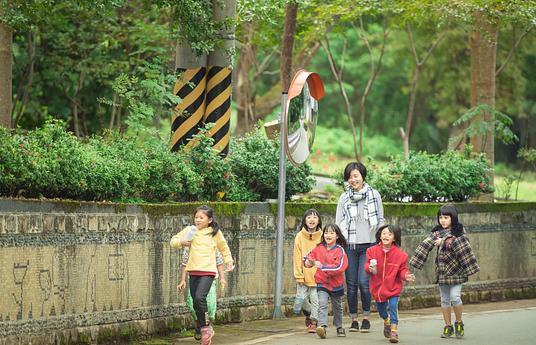What we do?
Enlightened Society Ghana is a non profit whose objective is targeted at providing career guidance, mentorship, leadership training, motivational talks and learning materials to students from deprived homes.
Why we do it?
In Ghana, educational inequity remains one of the major challenges. The ability for a child to succeed in his educational trajectory largely depends on where a child is born and to whom he or she is born to. Social and economic backgrounds continue to define the educational trajectory of students despite efforts to bridge the gap. The situation is even made worse when it comes to exposure, opportunities and career guidance. Children in underserved communities mostly lack relevant knowledge to take advantage of opportunities and to make informed decisions for themselves.
For example, According to ASERD, 7 out of every 10 students in northern Ghana, representing 70% do depend on their parents, teachers and friends for choosing their career programs for them without proper consultation, counseling and guidance. This in turn leads to low satisfaction and bad performance by such students in the future since they are not unable to make self-decisions on their choices of career programs. This situation is very pervasive with students in underserved communities who continue to suffer robbery of their career choices which they are not psychologically or physically prepared to undertake .
For students in underserved schools and orphanages, obstructions ranging from broken homes, to single parenting, to poor academic performance, to discrimination, to poverty, to stereotyping, to prejudice and many others continues to hinder their ability to achieve. For students, guidance and motivation is essential to be able to catch up with everyday learning challenges and challenges from all angles, as well as exposing them to opportunities. We need to teach people to set and meet their goals, to raise their academic standards, seize opportunities and encourage student’s life curiosity, to be masters in emotion, relationships, finance and time management, besides attaining knowledge in their desired profession.
We believe that the community will benefit from this both in the short and long-term. In the short-term, children will be able to identify their career path and choose their educational trajectory. They will exhibit confidence and showcase high level of ethical leadership and responsibility. In the long-term, communities will benefit from more responsible adults who also contribute to their communities and can support similar initiatives.



